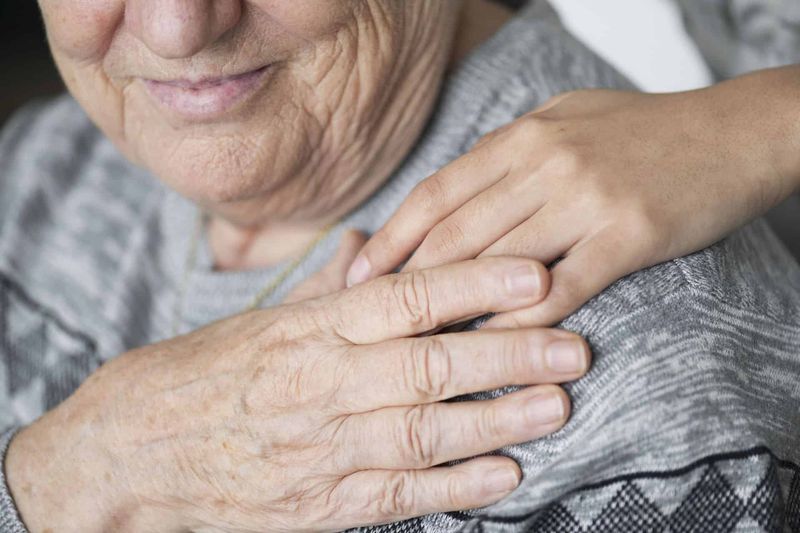Caring for an elderly person is a responsible process that requires not only moral support but also a legal basis. Situations where relatives or friends take responsibility for helping an elderly person are quite common. However, without formalising such care, serious difficulties can arise, ranging from the inability to receive compensation or benefits to the risk of losing the right to inheritance.
The formalisation of care for an elderly person not only protects the rights of both parties, but also ensures that legal risks are avoided in the future. Therefore, it is important to know how to act correctly, what documents are required, and why you should contact a lawyer.
Why is it important to formalise care?
Formalising care for an elderly person ensures:
- Receiving social benefits and compensation. The state provides financial support to caregivers, but only if they have a formalised agreement.
- Legal protection for both parties. In the event of conflicts or misunderstandings, the agreement becomes the key proof of the carer's duties.
- Consideration of interests in inheritance issues. A caregiver can claim an inheritance if it is provided for by the contract or law.
- Legal clarity in the relationship. The document sets out the carer's responsibilities and rights, preventing disputes.
The main stages of arranging care
The procedure for arranging care for an elderly person includes several important steps:
- Consultation with a lawyer. The lawyer will help you determine the best way to arrange care - through a contract or a decision of the social security authorities.
- Preparation of documents. The package of documents usually includes: a passport and identification code of both parties; a medical certificate on the health status of the elderly person; documents confirming the ownership of property (in case of inheritance issues).
- Execution of a care agreement. The agreement is concluded in writing and may be notarised. It specifies: the caregiver's responsibilities; the terms of care; possible compensation or remuneration.
- Registration with social services. If care is arranged through social security authorities, an application and a package of documents must be submitted.
- Provision of regular assistance. After registration, all the rights and obligations of the carer must be fulfilled in accordance with the agreement.
What does a care agreement include?
A care agreement is a key document that regulates the relationship between an elderly person and a carer. The main provisions of the agreement:
- The carer's responsibilities (daily care, medical support, household needs).
- Amount and terms of remuneration.
- The carer's right to inheritance.
- Duration of the agreement.
- Liability of the parties for breach of contract.
Benefits of legal support
Working with a lawyer provides:
- Guarantee of correct execution of documents. A lawyer will check all documents for compliance with the law.
- Protection of rights in case of conflicts. In the event of a dispute, a lawyer will help protect your interests in court or other instances.
- Saving time and effort. A lawyer takes care of all issues related to documents and communication with government agencies.
- Avoidance of legal mistakes. Incorrectly executed documents can lead to denial of compensation or legal risks.
Important questions about caring for an elderly person
Question
Do I need to notarise the care arrangements for an elderly person ?
Answer
Notarisation is not mandatory, but recommended. It increases the legal force of the document and protects the rights of both parties.
Question
Is it necessary to contact a lawyer to arrange a care agreement?
Answer
You can arrange care for an elderly person on your own, but working with a lawyer minimises risks and simplifies the process.
Legal assistance from ‘Consultant’
Experienced lawyers. We specialise in elderly care issues
Individual approach. We take into account the specifics of each situation.
Speed of work. We help to resolve issues as soon as possible.
Experienced attorneys of the legal service ‘Consultant’ will be able to help you in solving issues related to the care of an elderly person. Contact us for a free consultation so that we can help you understand your rights and find the best way out of your situation.
Arranging care for an elderly person is an important step that ensures legal protection for both parties. Working with an experienced lawyer guarantees the correctness of the procedure, minimises risks and helps to avoid legal problems in the future.
































